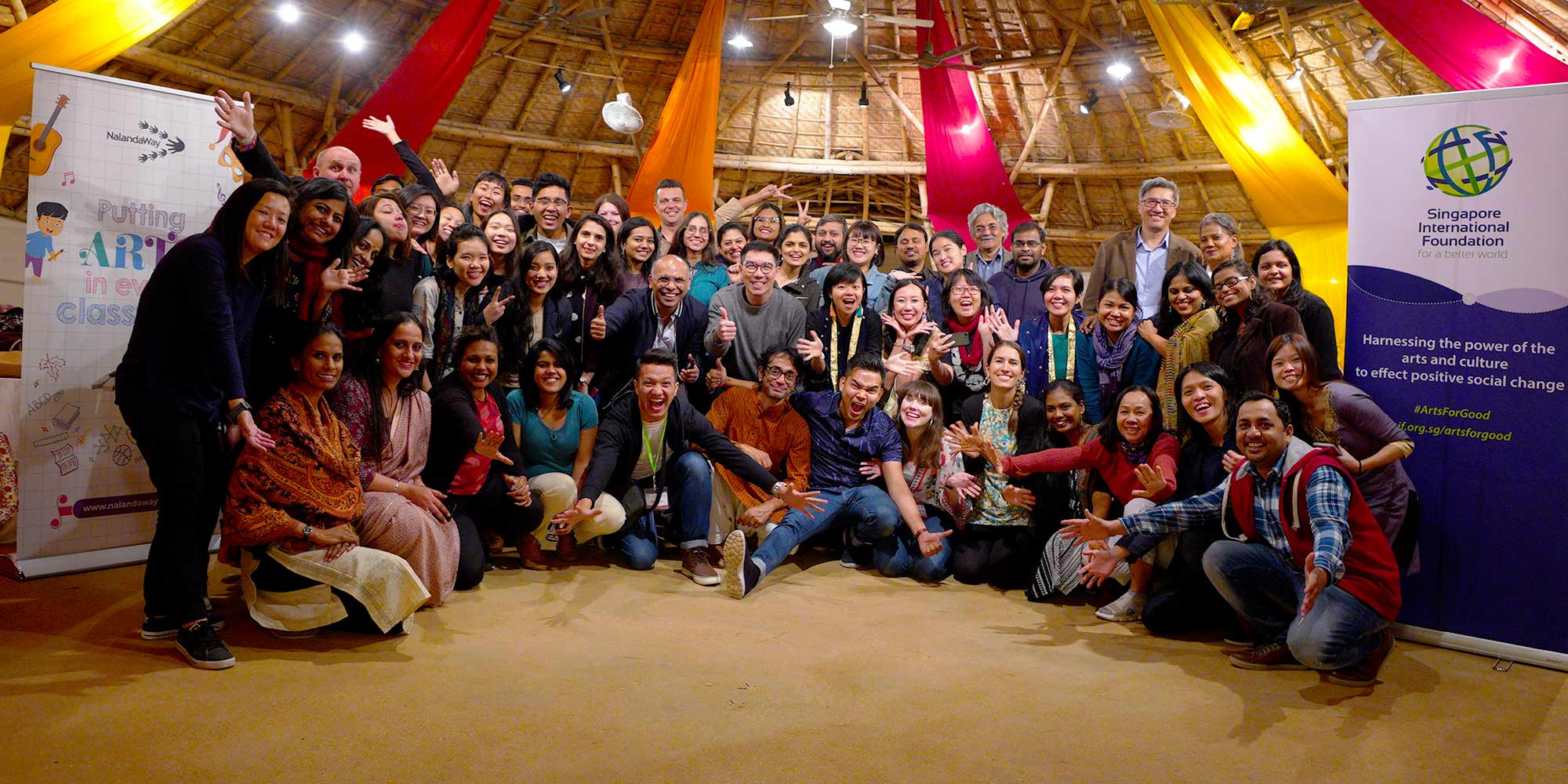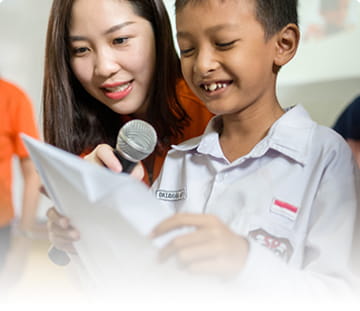SIF Launches Platform to Bolster Collaboration on Regional Climate Adaptation Efforts
The Southeast Asia Partnership for Adaptation through Water (SEAPAW) aims to unite public, private, and philanthropic sectors to develop and implement sustainable solutions.


From left: Ms Corinna Chan, CEO, SIF; Professor Khoo Teng Chye, Chairperson, SEAPAW; President of the Republic of Singapore, Mr Tharman Shanmugaratnam, Patron of the SIF, Co-chair of the GCEW, and a member of the World Economic Forum’s Board of Trustees; Mr Janadas Devan, Chairman, SIF; Mr Eric White, Head, Climate Adaptation, World Economic Forum; Dr Henk Ovink, Executive Director, Global Commission on the Economics of Water.
The cooperation among public, private, and philanthropic sectors is crucial. Each brings unique strengths and resources that, when combined, can drive significant and sustainable impact for climate adaptation.
This point was stressed by Mr Eric White, Head, Climate Adaptation at the World Economic Forum, at the launch of the Singapore International Foundation’s (SIF) Southeast Asia Partnership for Adaptation through Water (SEAPAW) on 19 June 2024.
SEAPAW is a new regional platform that seeks to address the critical challenges of climate change, with a focus on water-related issues. It aims to galvanise action among stakeholders in support of a shared vision, foster cross-border projects, and accelerate the adaptation of financing through public-private-philanthropic models.
Mr White added: “A platform like SEAPAW allows us to elevate this conversation and involve decision-makers who have the power to try new things. We can reorient our structure to address problems by developing new configurations of players to drive innovative approaches to solving issues that have emerged in recent years.”
The launch was part of a closed-door session hosted by the SIF, the World Economic Forum, and the Global Commission on the Economics of Water (GCEW).
Close to 50 guests from 44 organisations attended the event and took part in roundtable discussions. They included senior leaders from Singapore’s Public Utilities Board, Mastercard Centre for Inclusive Growth, the World Bank Group, and the City of Copenhagen.
There were also representatives from international non-government organisations, including Conservation International, Georgia Institute of Technology, Nanyang Technological University, National University of Singapore, and UNICEF.
The discussions – conducted under Chatham House Rule – focused on the unique challenges faced by Southeast Asia, potential solutions to enhance water resilience, and how public-private-philanthropic stakeholders can cooperate for effective and impactful climate adaptation strategies.
The roundtable session was followed by a dialogue with the Guest of Honour, President of the Republic of Singapore, Mr Tharman Shanmugaratnam, moderated by SEAPAW Chairperson Professor Khoo Teng Chye. President Tharman is Patron of the SIF, Co-chair of the GCEW, and a member of the World Economic Forum’s Board of Trustees.
The dialogue emphasised the urgent need for integrated water and climate strategies including implementing vastly more water-efficient agricultural techniques, safeguarding wetlands and other natural water storage resources, and ensuring equitable access to clean and safe water. Existing solutions must be expanded to meet the significant challenges in Southeast Asia. However, this requires aligning policies, such as water pricing and subsidies, and finance, to spur innovation and drive meaningful change.
Speaking to SIF at the close of the event, Dr Henk Ovink, Executive Director of GCEW, said that the impacts of the hydrological cycle extend across all sectors of the economy, affecting everything from agriculture and industry to urban development and public health.
He added: “Water is a convener that brings people and a diversity of voices together. SEAPAW can help to organise these conversations among stakeholders across the region who have that connection and can contribute. Every investment towards water trickles down somewhere in society, contributing to better health, city resilience, climate mitigation efforts and livelihoods.
“I hope that through the SEAPAW platform, we can develop solutions that are innovative and can be scaled and replicated, and therefore set a new model for water resiliency and water equity.”
About SEAPAW
SEAPAW is the first multi-stakeholder platform in Southeast Asia dedicated to enhancing water resilience as a strategy for climate change adaptation. The platform aims to build a robust community and identify key projects to drive climate resilience in the region. Additionally, SEAPAW will monitor and report on Southeast Asia's progress in water-related resilience and climate adaptation, helping to pinpoint areas requiring further action.
Organisations interested in exploring collaboration opportunities with SEAPAW are encouraged to get involved. For more information, please contact [email protected], or visit the SEAPAW webpage.



